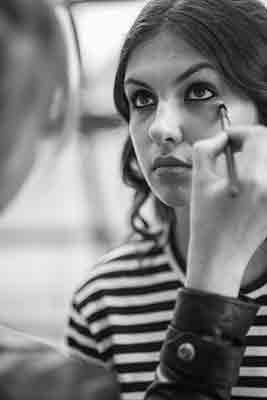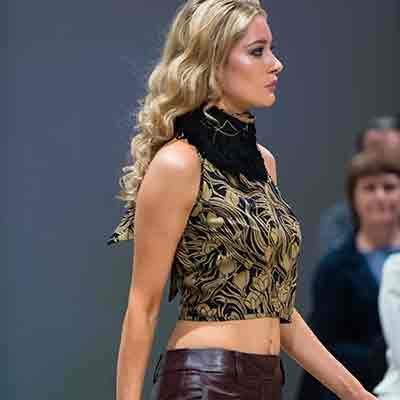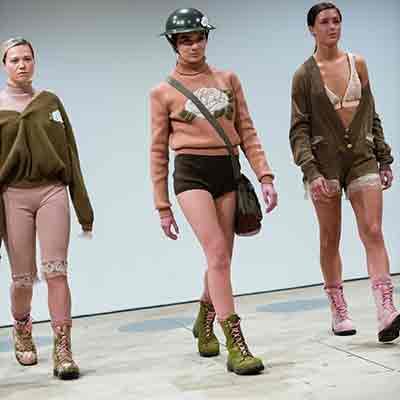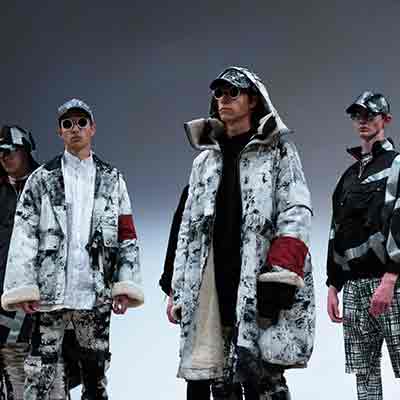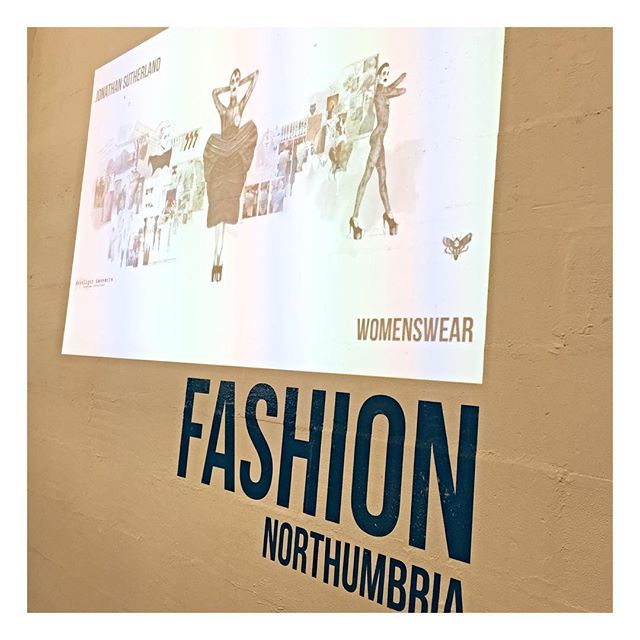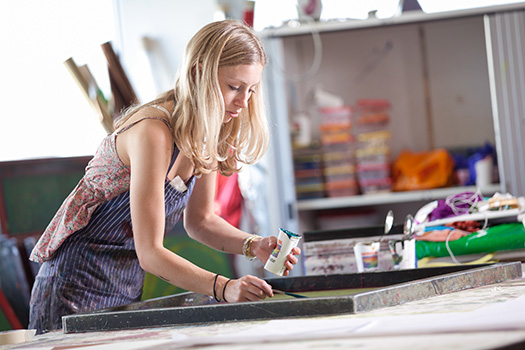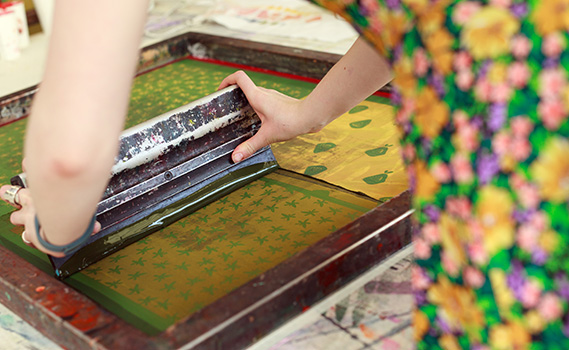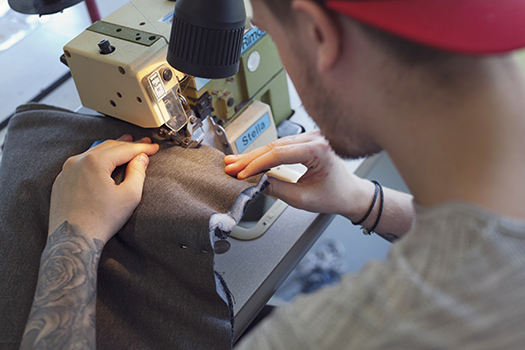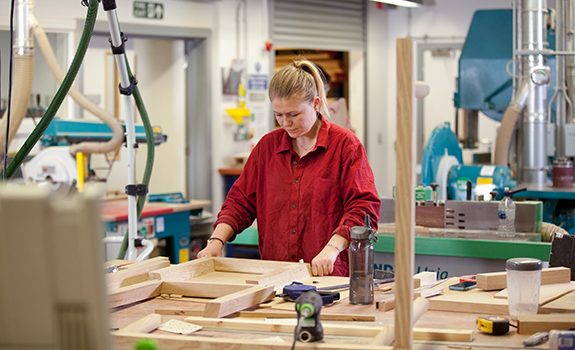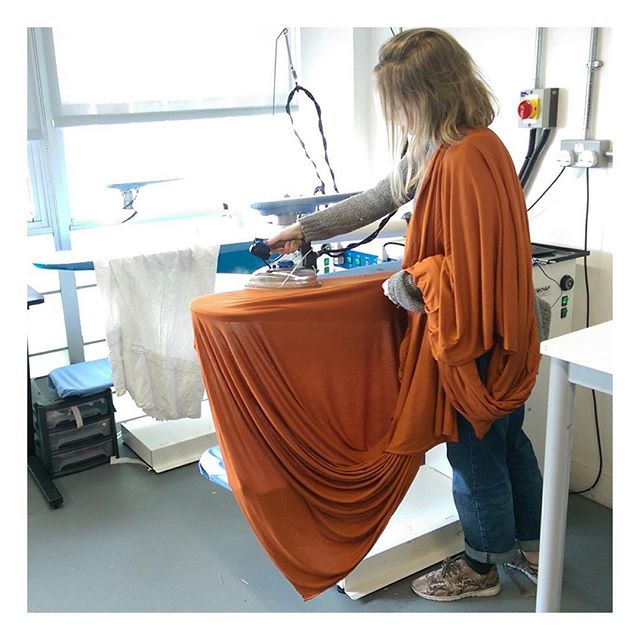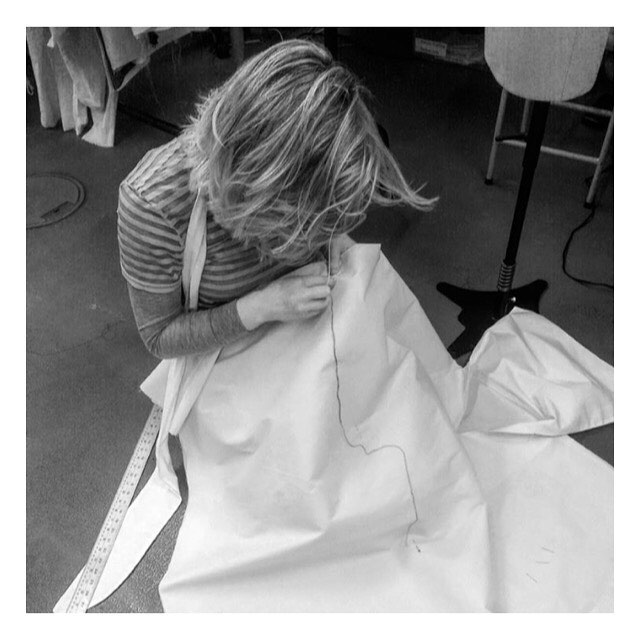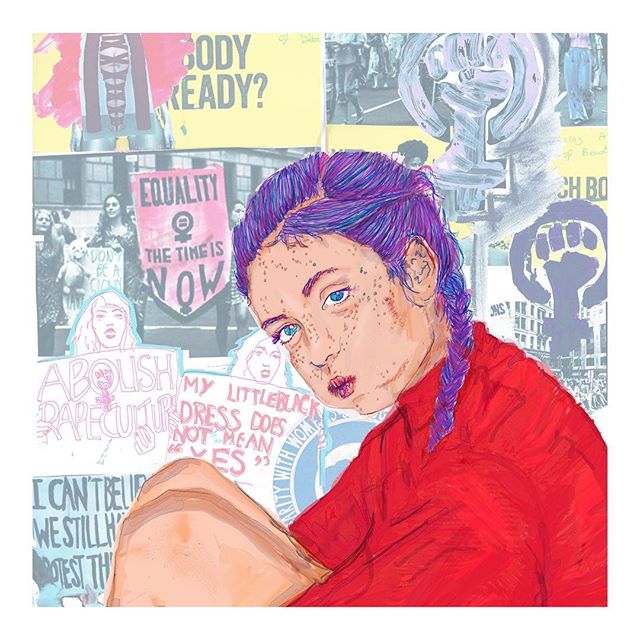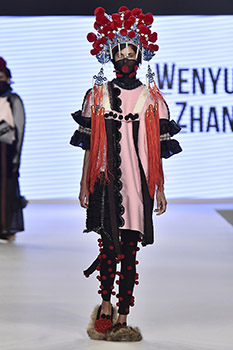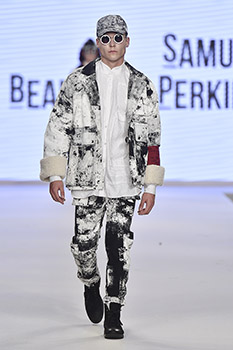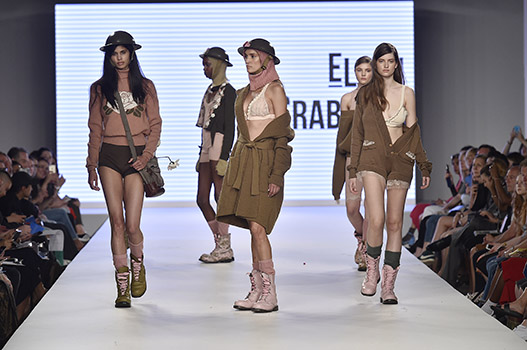-
Study
Study
Interested in studying at Northumbria? With 31,500 students, Northumbria is one of the largest universities in the country, offering courses on either a full-time, part-time or distance learning basis.
Discover more-
Undergraduate
- Undergraduate Study Degree
- Undergraduate Open Day & Events
- Application Guides
- Northumbria University UCAS Exhibitions
- Foundation Years
- Undergraduate Fees & Funding
- School & College Outreach
- Continuing Professional Development
-
Postgraduate
- Postgraduate Study Degree
- Postgraduate Research Degrees
- Postgraduate Open Days and Events
- Postgraduate Fees & Funding
- Flexible Learning
- Thinking about a Masters?
- Continuing Professional Development
- Change Direction
-
Student Life
- The Hub - Student Blog
- Accommodation
- Life in Newcastle
- Support for Students
- Careers
- Information for Parents
- Students' Union
- Northumbria Sport
-
-
International
International
Northumbria’s global footprint touches every continent across the world, through our global partnerships across 17 institutions in 10 countries, to our 277,000 strong alumni community and 150 recruitment partners – we prepare our students for the challenges of tomorrow. Discover more about how to join Northumbria’s global family or our partnerships.
Discover more-
Applying to Northumbria
- European Union
- Our London Campus
- Northumbria Pathway
- International Events
- Entry Requirements
- Agent Network
-
Northumbria Language Centre
- Faculty Requirements
- Acceptable English Requirements
- Pre-Sessional English and Study Skills
- Academic Language Skills Programmes (ALS)
-
International Fees, Funding & Scholarships
- International Undergraduate Fees
- International Undergraduate Funding
- International Masters Fees
- International Masters Funding
- International Postgraduate Research Fees
- International Postgraduate Research Funding
- International Money Matters
-
Life at Northumbria
- International student support
- The Hub - Student Blog
- Careers
-
International Mobility
- Current Northumbria Students
- Incoming Exchange Students
-
-
Business
Business
The world is changing faster than ever before. The future is there to be won by organisations who find ways to turn today's possibilities into tomorrows competitive edge. In a connected world, collaboration can be the key to success.
Discover more -
Research
Research
Northumbria is a research-rich, business-focused, professional university with a global reputation for academic quality. We conduct ground-breaking research that is responsive to the science & technology, health & well being, economic and social and arts & cultural needs for the communities
Discover more -
About Us
-
About Northumbria
- Our Strategy
- Our Staff
- Our Partners
- Student Profiles
- Alumni Profiles
- Leadership & Governance
- Academic Departments
- University Services
- History of Northumbria
- Contact us
- Online Shop
-
-
Alumni
Alumni
Northumbria University is renowned for the calibre of its business-ready graduates. Our alumni network has over 236,000 graduates based in 178 countries worldwide in a range of sectors, our alumni are making a real impact on the world.
Discover more - Work For Us
What will I learn on this module?
In this module you will demonstrate your advanced knowledge and design practice to produce and present a forward thinking, professional fashion collection alongside a portfolio within the context of your chosen specialism: pattern cutting, printed textiles, or constructed knitwear. You will create an edited Fashion collection alongside your portfolio, to enable you to place a deeper focus on your specialism, in support of your professional ambitions. Students may opt for either a sample or a garment-based collection.
You will self-determine an intellectually challenging, fashion collection brief, that builds upon your prior learning reflecting upon your personal strengths and research interests. In-depth cultural, aesthetic, technical and commercial research will be harnessed using critical design thinking processes, to synthesise advanced fashion solutions. You will experiment with a range of appropriate tools, media, materials, techniques and processes in atelier-style and academic working sessions, with supported extended studio and virtual learning activities. You will apply advanced technical methodologies in the interpretation of fashion concepts to fashion design outcomes, using professional pattern cutting and experimental moulage techniques.
You will analyse your work objectively against educational, professional and personal criteria, reflecting upon your work-in-progress, You will present and defend your work, both formally and informally, to your peers, specialist tutors and industrial partners where relevant at identified key points of the module.
Your professional physical and screen-based illustrated design portfolio will enhance your employability and enterprise skills through the application of your individual style to a range of fashion genres, brands and customers. Participation in live projects, national and international competitions, and interaction with industrial partners where possible, will support your transition into the fashion workplace or post-graduate study.
Advanced illustration, portfolio and 3D presentation skills will support the promotion of your creative practice to a range of audiences including potential employers, assessors, press, competition judges etc. This could be in a variety of formats; exhibitions, portfolio websites or physical / virtual presentations.
How will I learn on this module?
Module Overview (Max 250 words per section) (This section is aimed at providing a prospective or current student with a brief overview of the module in answer to the specific questions and will form an element of the module handbook)
Module Abstract Please provide a brief abstract of the module
This section acts as the ‘shop window’ for the module, therefore it needs to engage and inspire the student. This is the first thing that the student will read about this module, so it must immediately grab their attention. The main aim is to encourage the student to read on, however the summary should be written in such a way that if the student reads nothing else this section will convey all key messages and benefits that the module will offer. Start by explaining the module title where necessary. Then highlight any selling points relating to the four pillars: Research-Rich Learning; Technology Enhanced Learning; Assessment and Feedback; Employability and Entrepreneurship. Examples may include student satisfaction rates, learning environment, state-of-the-art facilities etc. Finally indicate benefits of the module such as the key skills that the students will gain for future employment and career paths that are open to them.
This dynamic module builds on previous study, and challenges you to design, present and promote an individual fashion collection and portfolio, relevant to your chosen personal fashion career aspirations and specialism.
You will access academic and technical expertise to develop your knowledge and understanding in your chosen specialist design area, by working closely with internationally experienced fashion practitioners and researchers. You will work virtually, online and in industry-standard atelier-style workshops, print and knitwear studios, with supportive extended studio activity using a range of appropriate equipment and technology to produce your edited collection.
You will showcase your uniqueness, strengths and design handwriting in your professional practice, and physical and screen-based portfolios; using advanced intellectual and creative skills to extend personal fashion craftsmanship. Autonomous student and industry-led projects and competitions are supported with feedback from specialist tutors, peers, industry, technology enhanced learning tools, such as the eLearning Portal, and interactive Personal Development Plan (PDP), digital submissions and learning materials. You will refine your employability and enterprise skills by engaging with industrial partners where possible, in preparation for transition to the fashion workplace, self-employment or post-graduate study, while undertaking promotional activities such as internationally acclaimed exhibitions or physical / virtual (catwalk /non-catwalk) Fashion presentations.
What will I learn on this module? A brief indication of the content of the module including the main topic / subject areas studied
In this module you will demonstrate your advanced knowledge and design practice to produce and present a forward thinking, professional fashion collection alongside a portfolio within the context of your chosen specialism: pattern cutting, printed textiles, or constructed knitwear. You will create an edited Fashion collection alongside your portfolio, to enable you to place a deeper focus on your specialism, in support of your professional ambitions. Students may opt for either a sample or a garment-based collection.
You will self-determine an intellectually challenging, fashion collection brief, that builds upon your prior learning reflecting upon your personal strengths and research interests. In-depth cultural, aesthetic, technical and commercial research will be harnessed using critical design thinking processes, to synthesise advanced fashion solutions. You will experiment with a range of appropriate tools, media, materials, techniques and processes in atelier-style and academic working sessions, with supported extended studio and virtual learning activities. You will apply advanced technical methodologies in the interpretation of fashion concepts to fashion design outcomes, using professional pattern cutting and experimental moulage techniques.
You will analyse your work objectively against educational, professional and personal criteria, reflecting upon your work-in-progress, You will present and defend your work, both formally and informally, to your peers, specialist tutors and industrial partners where relevant at identified key points of the module.
Your professional physical and screen-based illustrated design portfolio will enhance your employability and enterprise skills through the application of your individual style to a range of fashion genres, brands and customers. Participation in live projects, national and international competitions, and interaction with industrial partners where possible, will support your transition into the fashion workplace or post-graduate study.
Advanced illustration, portfolio and 3D presentation skills will support the promotion of your creative practice to a range of audiences including potential employers, assessors, press, competition judges etc. This could be in a variety of formats; exhibitions, portfolio websites or physical / virtual presentations.
How will I learn on this module? A brief overview the learning and teaching approaches the student can expect to experience.
Teaching and learning strategies in fashion encourage you to acquire a flexible and imaginative approach to creative problem solving: to think divergently, to develop your ability to articulate concepts and ideas through research-rich enquiry-based learning. You will become an active participant through project-based coursework, integrating design practice, academic and intellectual skills. The School of Design operates an extended studio approach (X-Studio) that embraces our physical studios and making workshops as well as our virtual spaces to create a flexible and rich environment that is responsive to our learners’ needs. This dedicated approach has been developed over many years of continuous teaching innovation, research and industry collaboration. It has created a supportive extended studio culture that encourages our students to learn flexibly, dynamically blending their learning and University experience between physical and digital interactions both in real-time and online at their own pace. We believe that this extended studio culture not only helps our students to become more confident autonomous learners but also prepares them for a dynamic design industry in which an extended studio philosophy is current practice.
Academic staff will help you to identify your strengths in order for you to direct your own learning through self-determined project briefs, industry-led competition work, the development and realisation of an edited Fashion collection though creative and technical pattern cutting, printed or a constructed textile or illustrated and garment or sample-based artefacts. You are encouraged to advance your visual literacy and to be aware of current issues and debates. You will learn to present your work and ideas to a variety of audiences in different situations.
The studio and workshop environment is integral to encouraging the process of your individual intellectual freedom, participation in a creative collaborative design community, and collegial exchange. This approach emphasises creativity and experiential enquiry, enabling the generation of ideas, through active participation in observation, recording and making through design practice. Project-based learning engenders an enquiring, analytical and creative approach to the progressively interrelated nature of practical and intellectual skills. Analytical and adductive thinking, experimentation, trial and error, are characteristics of the creative process, are embedded and supported throughout programme delivery design.
Practical participation enables you to display evidence of creative thinking through the exploration and communication of a design concept/artefact that has a purposeful outcome. This type of experiential activity engages you in self-initiated research, encouraging independent judgement and critical self-awareness through practice.
You will be supported in the advancement of your technical skills, the use of materials, their processes in identifying and solving problems, taught by a creative team of internationally experienced tutors and skilled demonstrators. You will develop advanced technical skills, through the production of innovative sampling and toiles in workshop and the extended studio environment. Traditional, new and emerging technologies are used both in the delivery, the observation, the realisation of outcomes such as the garment collection, sample collection or by your visual communication of designs.
How will I be supported academically on this module?
• The project is introduced at a briefing session, where it is fully explained and explored by the students, with the staff.
• A named lead Module Tutor manages the module including arranging potential collaboration with industry partners and organising any visiting professionals.
• The lead Module Tutor and the academic teaching team direct the studio based practice and extended studio activities through tutorials, workshops, eLP activity or seminars and are available to answer queries in relation to the module during timetabled sessions.
• Tutorials provide feedback on your project work, your progression on the module, while offering direction on how to develop your work further, including guidance for student-led independent learning.
• Tutor support offers guidance on the direction and presentation of your work, while benchmarking achievement of the Learning Outcomes.
• Competition briefing sessions, are where the briefs are fully explained by tutors and/or regional, national and international industrial partners; building on work placement, developing networks and creating employment and promotional opportunities beyond the projects.
• Project based work that offers you a range of teaching, learning and assessment opportunities, with the opportunity to write self-initiated briefs.
• Formal formative feedback is included in the module, when you will receive academic feedback on your progress.
• In addition to academic support this module also has specialist Fashion technical support including practical demonstrations and exercises, and the Blackboard resource (ADS0053).
• Learning materials for this module are available on the university eLearning Portal, including the module documentation, announcements, presentations, reading list and timetable.
• Additional study skills materials and workshops, that are available through Skills Plus at http://nuweb2.northumbria.ac.uk/library/skillsplus/topics.html?l3-0.
• Support for Academic Learning Skills (ALS) is available for international students.
• Students requiring additional support are advised to contact their Guidance Tutor for advice, who will be able to refer them to the relevant university services for specialist support regarding their personal circumstances.
What will I be expected to read on this module?
All modules at Northumbria include a range of reading materials that students are expected to engage with. The reading list for this module can be found at: http://readinglists.northumbria.ac.uk
(Reading List service online guide for academic staff this containing contact details for the Reading List team – http://library.northumbria.ac.uk/readinglists)
What will I be expected to achieve?
On successful completion of this module, you should be able to:
Knowledge & Understanding:
7. Display evidence of your critical, experimental and/or innovative thinking by conceiving solutions which have relevance in cultural, aesthetic, technical and commercial contexts.
9. Demonstrate a contextual understanding of personal practice in relation to broader cultural socio-economic and political contexts through garment collection and portfolio.
Intellectual / Professional skills & abilities:
6. Demonstrate an accomplished use of media, materials, processes and techniques, in the realisation of experimental and innovative design, garments and portfolio work.
10. Generate and develop creative/experimental thinking based on your own set criteria through the development of a forward-thinking designed/realised collection and illustrated portfolio.
14. Defend your own practice and show critical self-judgement through presentations and critiques.
Personal Values Attributes (Global / Cultural awareness, Ethics, Curiosity) (PVA):
2. Engage employability skills including; leadership, enterprise, flexibility, resourcefulness.
3. Engage autonomously in your studies, requiring minimal supervision to achieve outcomes.
8. Show an understanding of professional and responsible design in the context of your practice as evidenced through your fashion collection and portfolio.
How will I be assessed?
Assessment will be conducted through:
Formative feedback received from tutors and peers during tutorials, virtual studio and workshop engagement.
Formal formative feedback
Tutorials and reviews will be scheduled at key points of the learning programme, to provide feedback and informally record academic progress.
Summative assessment
By collecting a variety of evidence/outputs from the learner via multiple dimensions (coursework, observations, presentations, etc.) tutors will assess your overall performance holistically with a single grade from 2 components at the end of semester 2.
Student self-assessment
Students are encouraged to be reflective learners through scheduled self-assessment opportunities.
Verbal feedback will be provided from peers
and academic staff.
Assessment
There will be 2 parts to the assessment:
Component 1: Collection
Component 2: Portfolio
Formative feedback will be received from tutors and peers during studio and workshop engagement and online, and judging panels and industrial partners following live and/or competition work
Summative assessment
By collecting a variety of evidence/outputs from you via multiple dimensions; coursework and presentation in the Assessment period. Tutors will assess your overall performance holistically with a single grade in multiple components against the following MLOs:
Design & Technical Process Books:
KU 07; KU 09; IPSA 10
Concept development work:
KU 07; KU 09; IPSA 10
Edited Fashion Collection: garments/ illustrated and sampling.
KU 07; KU 09; IPSA 06
Edited physical and screen-based portfolios
KU 07; KU 09; PVA 08
Presentation of Fashion collection and portfolio (hard copy and screen-based formats):
IPSA 06; IPSA 14; PVA 02
STUDENTSHIP:
PVA 03
Other
Additional forms of assessment practice may take place within projects in the form of peer feedback/ self-assessment/ industrial partner feedback, which may contribute to the overall module outcome.
Pre-requisite(s)
N/A
Co-requisite(s)
N/A
Module abstract
This dynamic module builds on previous study, and challenges you to design, present and promote an individual fashion collection and portfolio, relevant to your chosen personal fashion career aspirations and specialism.
You will access academic and technical expertise to develop your knowledge and understanding in your chosen specialist design area, by working closely with internationally experienced fashion practitioners and researchers. You will work virtually, online and in industry-standard atelier-style workshops, print and knitwear studios, with supportive extended studio activity using a range of appropriate equipment and technology to produce your edited collection.
You will showcase your uniqueness, strengths and design handwriting in your professional practice, and physical and screen-based portfolios; using advanced intellectual and creative skills to extend personal fashion craftsmanship. Autonomous student and industry-led projects and competitions are supported with feedback from specialist tutors, peers, industry, technology enhanced learning tools, such as the eLearning Portal, and interactive Personal Development Plan (PDP), digital submissions and learning materials. You will refine your employability and enterprise skills by engaging with industrial partners where possible, in preparation for transition to the fashion workplace, self-employment or post-graduate study, while undertaking promotional activities such as internationally acclaimed exhibitions or physical / virtual (catwalk /non-catwalk) Fashion presentations.
Course info
UCAS Code W230
Credits 60
Level of Study Undergraduate
Mode of Study 4 years with placement
Department Northumbria School of Design
Location City Campus, Northumbria University
City Newcastle
Start September 2024 or September 2025
All information is accurate at the time of sharing.
Full time Courses are primarily delivered via on-campus face to face learning but could include elements of online learning. Most courses run as planned and as promoted on our website and via our marketing materials, but if there are any substantial changes (as determined by the Competition and Markets Authority) to a course or there is the potential that course may be withdrawn, we will notify all affected applicants as soon as possible with advice and guidance regarding their options. It is also important to be aware that optional modules listed on course pages may be subject to change depending on uptake numbers each year.
Contact time is subject to increase or decrease in line with possible restrictions imposed by the government or the University in the interest of maintaining the health and safety and wellbeing of students, staff, and visitors if this is deemed necessary in future.
Your Learning Experience
Find out about our distinctive approach at
www.northumbria.ac.uk/exp
Admissions Terms and Conditions
northumbria.ac.uk/terms
Fees and Funding
northumbria.ac.uk/fees
Admissions Policy
northumbria.ac.uk/adpolicy
Admissions Complaints Policy
northumbria.ac.uk/complaints


